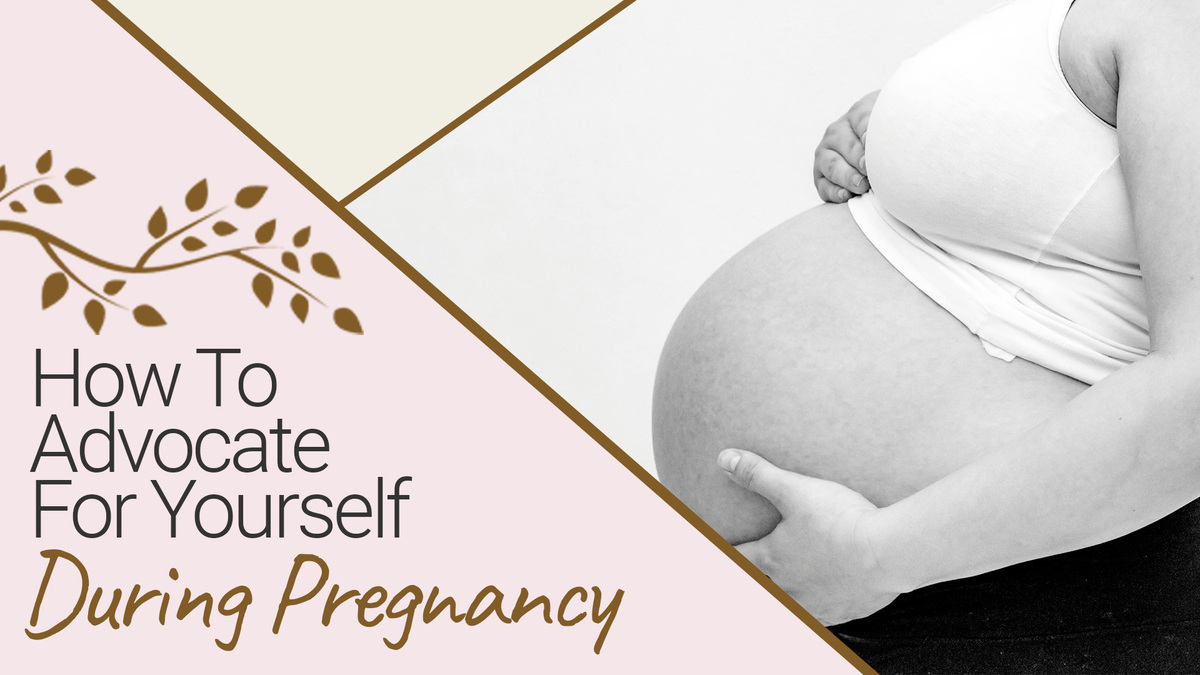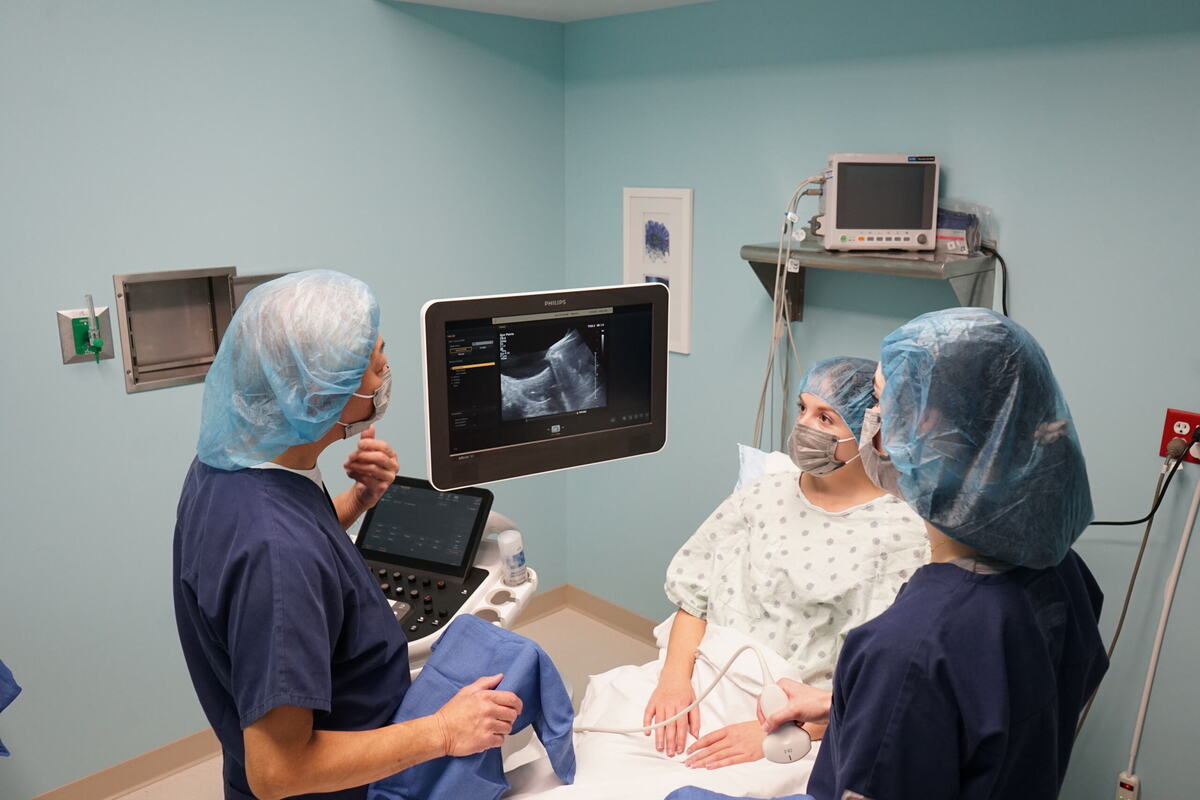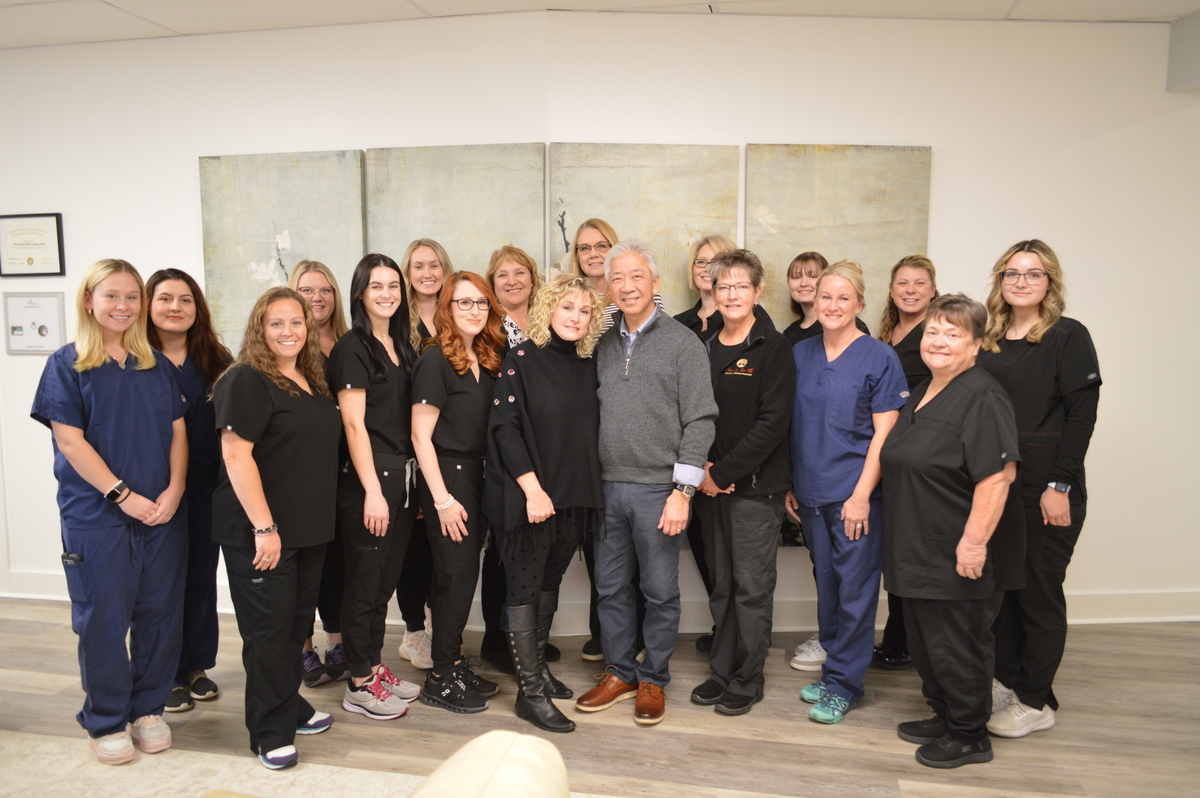How to Advocate for Yourself During Fertility Treatment

Advocating for yourself and your needs takes a lot of thought and bravery. It also means understanding your wants, needs, and expectations, and then making a point to communicate these things with your doctor.
It takes some work to figure out these needs and expectations, and you may have to spend some time reflecting before you begin fertility treatment. Once you have defined what makes you comfortable and what you want out of your fertility treatment, you will have an easier time knowing what to bring up during your appointment.
Every patient seeking fertility treatment is unique, and because of this, your doctor will not always know what a new patient needs. In this post, we will help teach you how to advocate for yourself during fertility treatment. We will discuss why it is important, and what you should bring up during your appointment, including your medical history, treatment background, lifestyle, dietary restrictions, and emotional support needs.

Why is It Important to Advocate for Yourself During Fertility Treatment?
Advocating for yourself during fertility treatment is vital as it allows for personalized care, emotional support, and active involvement in the decision-making process. By actively communicating your needs and past experiences, you can contribute to a more effective and meaningful fertility journey.
Your doctor is there to help guide you on your personal journey. Your case is unique, so it is important to be open and honest with your doctor, so they know how to customize your treatment to you.
What to Bring Up During Fertility Appointments
Be sure to reflect on and discuss the following topics during your appointments with your reproductive endocrinologist.
Medical History and Background
Your medical history and fertility treatment background are two of the most important topics you need to discuss. Be sure you give your doctor a complete history, not just your reproductive health. Sometimes medication, past surgeries, or other seemingly unrelated medical factors can affect our reproductive health.
Your health history can provide important insights into your fertility challenges and potential treatment options. Include a brief history of your menstrual cycles, your history with pregnancies or miscarriages, and any children you have previously had. Family history should be discussed as well, as genetic factors can play a role in fertility.
Be sure to also discuss any previous fertility treatment you have pursued. Other doctors or fertility specialists' work can help your current doctor narrow down your current doctor's treatment options and can give you more focused and streamlined care.
Lifestyle and Dietary Recommendations
Lifestyle and dietary factors play a significant role in fertility and treatment outcomes. Be honest and discuss what you eat, how much you exercise, what you do for work, if you are exposed to chemicals or foreign substances regularly, and other similar considerations.
A well-balanced diet is crucial for promoting fertility. Your doctor may want to review your diet and look for nutritional deficiencies that may be contributing to difficulties getting pregnant.
Exercise and body weight can also play a role in determining whether someone can get pregnant. Women with body fat percentages that are too high or too low may experience difficulties. Likewise, too little or too much exercise can also reduce your chance of conceiving.
Otherwise, certain lifestyle choices such as smoking, excessive alcohol consumption, and drug use can impair fertility. It is advisable to quit smoking, limit alcohol intake, and avoid recreational drug use to improve fertility.
Emotional and Psychological Support
During the fertility treatment journey, emotional and psychological support plays a crucial role in helping individuals and couples navigate the challenges and uncertainties that arise. To ensure comprehensive care, it is important to discuss available counseling services or support groups. Your doctor may be able to provide you with resources to pursue care. They may also adjust the course of treatment based on your emotional needs.
Counseling Services
Counseling services provide a safe space to express emotions, fears, and anxieties that may arise during the fertility treatment process. Professional counselors guide individuals and couples in exploring coping strategies to manage these emotions effectively. By having an objective perspective, counselors can offer valuable insights, tools, and techniques to help individuals and couples maintain emotional well-being.
Fertility Support Groups
Another avenue for emotional and psychological support is through support groups. These groups offer individuals and couples the opportunity to connect with others facing similar challenges. Sharing experiences, concerns, and triumphs can provide a sense of validation, understanding, and community. Support groups often serve as a valuable source of comfort, encouragement, and strength during the fertility treatment journey.
Professional Counseling
In addition to counseling services and support groups, it is essential to seek advice on coping strategies. These strategies empower individuals and couples to develop effective tools for managing stress, anxiety, and other emotional challenges that may arise. Professionals can provide personalized guidance on coping techniques such as relaxation exercises, mindfulness practices, communication skills, and self-care activities. Implementing these coping strategies can enhance emotional resilience and overall well-being during the fertility treatment process.

A Fertility Journey That is Tailored to You
Your fertility journey is all about you, your body, and your family. You need a reproductive health institute that understands your needs and can provide personalized, intimate care.
Dr. NeeOo Chin and the team at the Fertility Wellness Institute of Ohio provide a treatment plan that is made for you. Dr. Chin is a board-certified reproductive endocrinologist who has over thirty years of experience working with women and couples to provide fertility care that fits them and their needs.
Schedule an appointment with the Fertility Wellness Institute of Ohio now! Click here!
Follow the Fertility Wellness Institute of Ohio on Facebook, Instagram, X, and LinkedIn!

